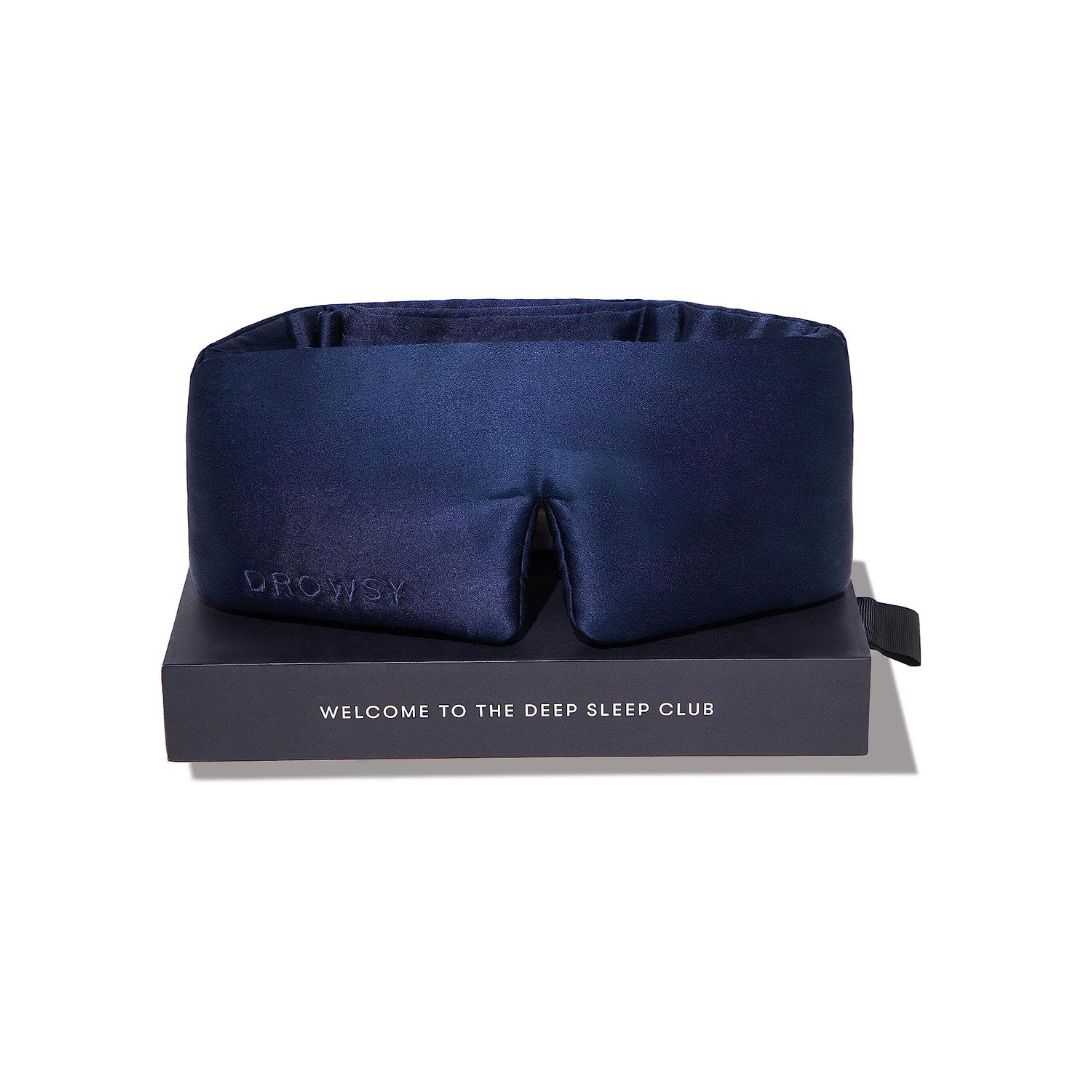As a meditation teacher who once struggled with insomnia, these are the 5 simplest ways to improve sleep
My secrets to catching those all-important zzz.
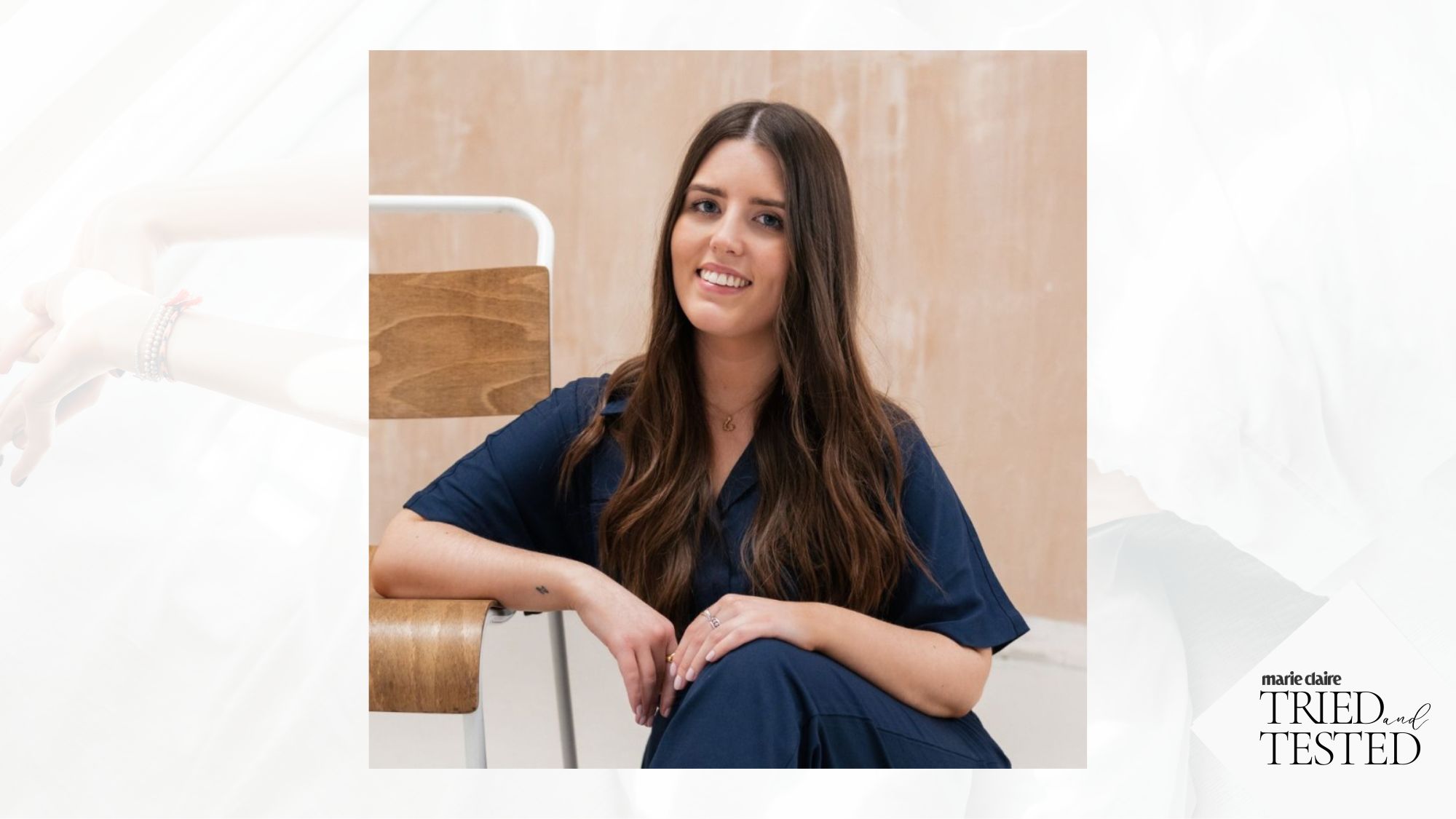
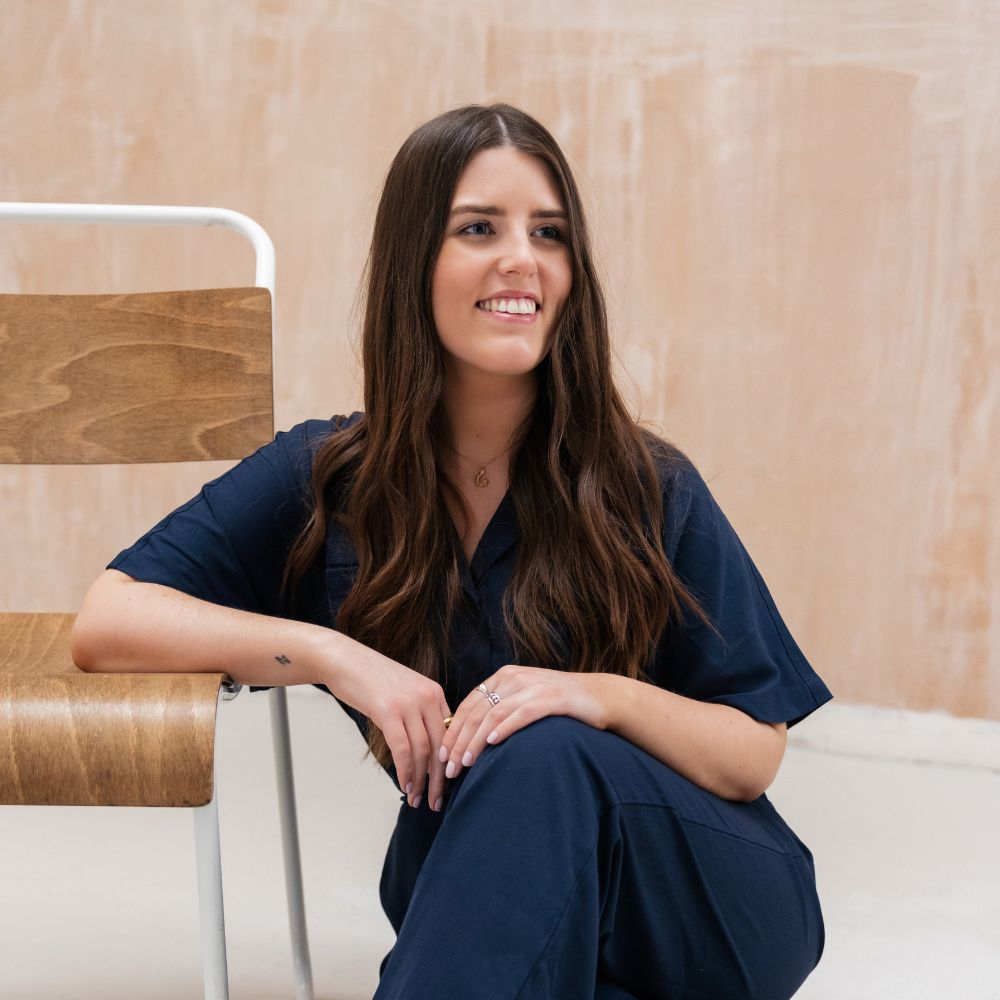
It's no wonder many of you are curious about how to improve sleep. With the NHS reporting that one in every three people in the UK is affected by insomnia, it's a common problem that many of you will face at some point in your life.
I certainly did - while I'm a health and wellbeing journalist and qualified meditation teacher, I struggled with insomnia throughout most of my teens and early 20s. I felt like I'd tried everything, but made it my mission to learn as much as I could about sleep, sleep hygiene, and most importantly, how to guarantee good quality shut-eye.
That included experimenting with self-care ideas and trying the best self-care products, not to mention reading the best self-help books and listening to self-care podcasts all about sleep. Not just that, but I've also tried sleep-inducing techniques, discovered the best sleep hygiene hacks and tried my fair share of sleep aids.
Not only is it a topic I personally have struggled with, but it's also one I now support my clients with, helping them to find holistic techniques to sleep better. While there's a lot of research to suggest that short-term and chronic stress can majorly impact our sleep, it can also be affected by lifestyle changes such as not getting enough sunlight or a sudden change in the weather making it even more difficult to get to the bottom of why you may be struggling to get those all-important zzz's.
The good news is, no matter the lifestyle changes impacting your sleep, there are steps you can take to improve your sleep. Need a helping hand? Whether you're struggling to fall asleep, stay asleep or get enough good quality shut-eye, here are my five top tips for improving your sleep. Don't miss our guides on how to work on self love, how to set goals, and how to switch off, while you're here.
How to improve sleep, according to a meditation teacher who used to suffer from insomnia
1. Aim for daylight in the morning
Did you know? Good sleep is impacted by everything you do from the moment you wake up. Getting daylight first thing in the morning is key to sleeping well that night. Why? Well, because daylight resets our body’s internal clock which regulates our sleep-wake cycle.
A 2008 study shows that this light exposure suppresses the production of melatonin (aka the sleep hormone) and boosts cortisol and serotonin, which are responsible for keeping you awake. Experts recommend getting at least fifteen minutes of daylight within the first hour of waking up to keep your body clock in check.
Marie Claire Newsletter
Celebrity news, beauty, fashion advice, and fascinating features, delivered straight to your inbox!
The moment I started prioritising daylight in the morning - whether it was a morning walk or a cup of tea by the window on busier days - was the moment my sleep started to really improve.
2. Try and find time to move
You all know how important mindful movement is for your overall health and wellbeing, but what you might not realise is the impact it can have on your sleep, too.
A review of recent research found that exercise can improve your quality of sleep and help you to sleep longer, too.
That said, do try and avoid any intense exercise in the hours before bedtime. This can boost your cortisol levels which, in turn, will impact the production of your sleep hormone. Instead, if you want to workout before bed, stick to slow-flow types of yoga or a low-impact Pilates workout. Here at MC UK, we're big fans of Yoga with Adriene flows - they're soothing, simple, and free.
3. Work on your sleep routine
Another important need to know: going to sleep at the same time every night and waking up around the same time every morning helps to regulate your internal body clock and keep your sleep-wake cycle in check. This ensures your body releases your sleep hormones when it's supposed to be asleep.
What's more, having a sleep schedule could also impact your gut health. A recent study from Kings College found irregular social jet lag - which is simply a shift in your internal body clock when your sleep patterns change - could cause inflammation and the growth of harmful bacteria in the gut. So, you might want to rethink those weekend lie-ins in favour of keeping your body clock on time.
Instead of forcing myself to fall back asleep on a Saturday morning when I wake up at my usual weekday time, I now use that time to read a book (or, let's be honest, scroll TikTok), or get outside for a morning dose of sunlight.
4. Try a body scan meditation
I've waxed lyrical about the benefits of meditation for years and even written about how body scan meditations have been a total game-changer for my sleep - but I'm not the only one. Look up #sleepmeditation on TikTok and you'll be met with thousands of videos totalling 25 million views from users swearing by the practice.
And that's not all. There's research-backed science behind it, too. A 2019 study found mindfulness meditation could improve sleep quality as both meditation and breathwork training help to calm the body and the mind. These techniques do this by kickstarting the body's rest and digest response, a direct neutraliser to the fight-or-flight response you're in when you feel anxious, stressed or tense.
Try this: Meditating before bed needn't be time-consuming or complicated. Instead, try a simple breathing exercise such as cyclical sighing or box breathing, both of which have been shown to reduce stress and boost relaxation.
5. Utilise sleep aids
While lifestyle changes are often the key to a good night in the land of nod, sleep aids can also help to relax the mind and prepare the body for rest. A 2021 study found that white noise machines or apps effectively mask sounds common in big cities that might disturb you as you snooze - think traffic or chatty people stumbling home in the early hours - and therefore reduce how many times you wake up in the night. You can pick up a white noise machine from Amazon (I rate the Magicteam White Noise Machine) or use a white noise app to simulate the experience from your smartphone such as Bedtime Fan.
NEOM’s Perfect Night’s Sleep Pillow Mist is one of my favourite sleep aids, too. It has firmly secured a place in my bedtime routine. The dreamy mist is formulated with 14 essential oils, including chamomile, patchouli and lavender, which research suggests supports sleep by sending signals to the brain to relax. A spritz of this scent on my duvet and I instantly feel the tension of the day beginning to melt away. Not a fan of lavender? Try another aromatherapy spray instead. A 2015 study found that aromatherapy is effective in helping us to sleep better so take your pick of sleep-inducing scents.
I also rate my Drowsy Silk Eye Mask for helping block out light which can hinder shut-eye, especially when I'm travelling.
Shop MC UK's favourite sleep aids now:
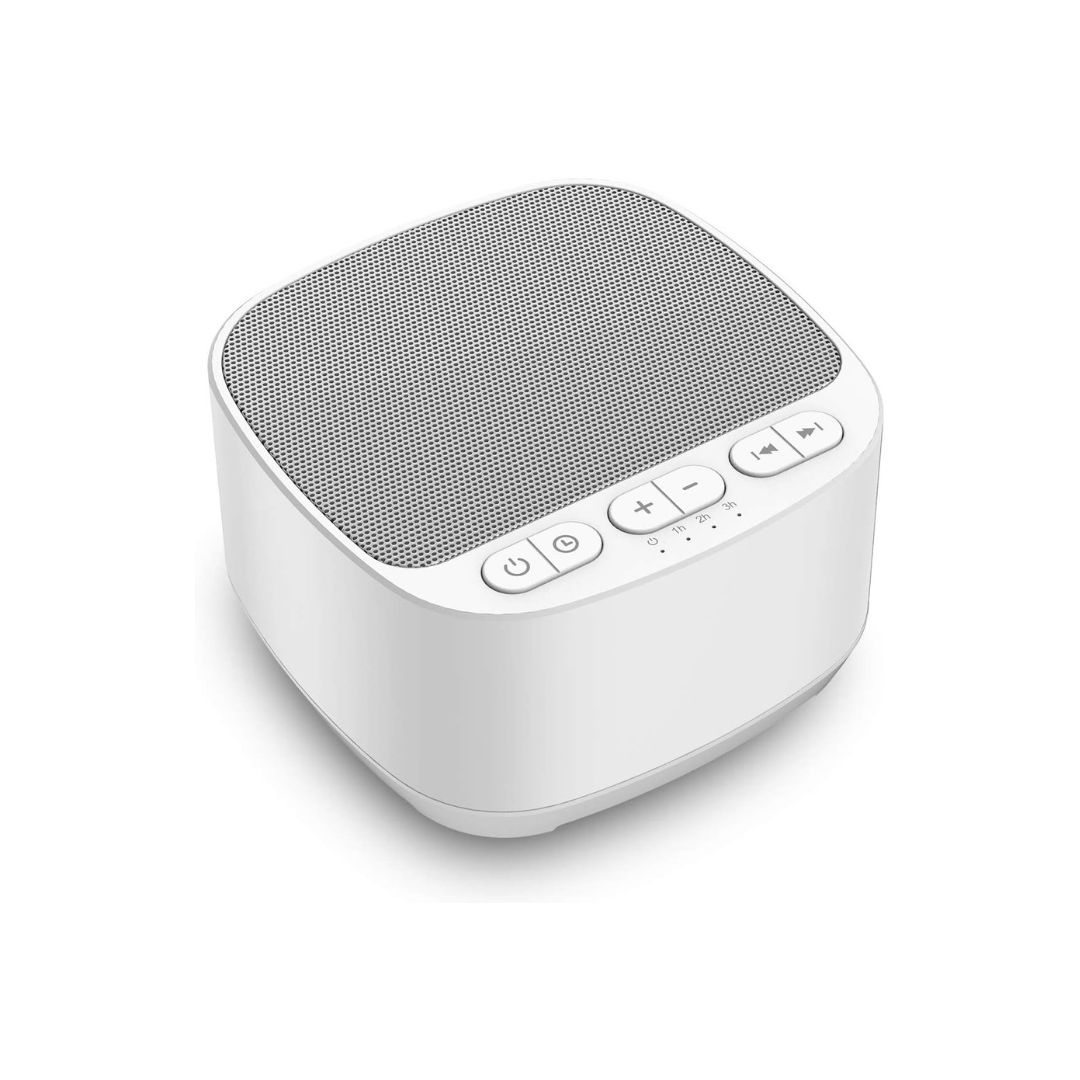
Research has proven that white noise machines or apps can effectively improve sleep I rate the Magicteam White Noise Machine, which has 40 natural, soothing sounds and 32 different volume levels. If you'd rather use an app to simulate the experience from your smartphone, you can't go wrong with Bedtime Fan.
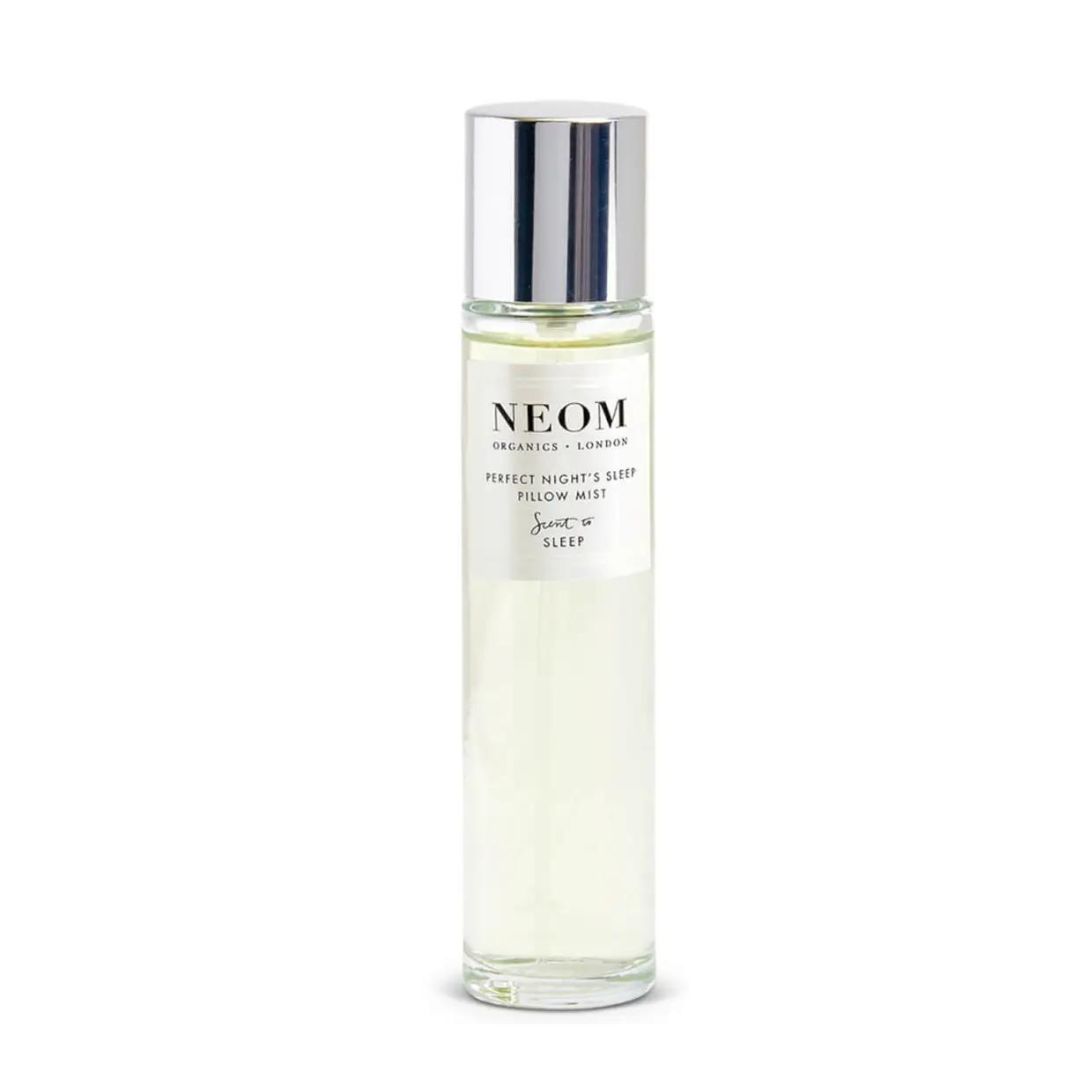
Keen to calm your mind before a soothing night's sleep? NEOM products are made from 100% natural and ethically sourced ingredients right here in the UK. This calming formula is my favourite, and combines sleep-inducing essential oils, including lavender, sweet basil and jasmine.
How can I increase my sleep naturally?
Short answer? Look at your lifestyle. Research has proven that factors like getting enough natural light first thing, moving your body and going to sleep at the same time are all key to overall sleep hygiene and quality.
You don't need fancy gadgets or sleep aids, rather, a more mindful and balanced approach to your day-to-day and a concerted effort to make sure when you hit your pillow, both your mind and body are ready to switch off.

Ciara McGinley is a freelance journalist, editor and mindfulness meditation practitioner. She covers health, wellbeing and lifestyle topics for her favourite women's lifestyle publications including Marie Claire, Stylist, Red Magazine and Woman & Home. She's all about betting that mind-body connection, and takes her self-care and night-time routine very seriously... When she's not writing or teaching meditation, you'll find her trying out the latest wellness trend, or escaping London for a hiking weekend.
-
 How the slogan t-shirt became this season's must-have - and why it's more than just another trend
How the slogan t-shirt became this season's must-have - and why it's more than just another trendNot just another Nineties throwback
By Clementina Jackson
-
 How are Trump’s tariffs affecting the fashion industry?
How are Trump’s tariffs affecting the fashion industry?The fluctuating situation in the US is having very real consequences
By Rebecca Jane Hill
-
 Here's every character returning for You season 5 - and what it might mean for Joe Goldberg's ending
Here's every character returning for You season 5 - and what it might mean for Joe Goldberg's endingBy Iris Goldsztajn
